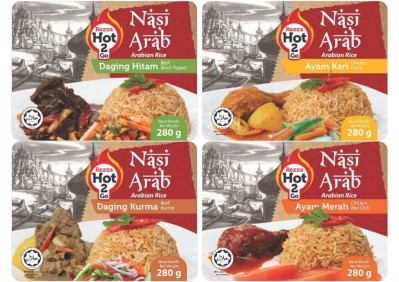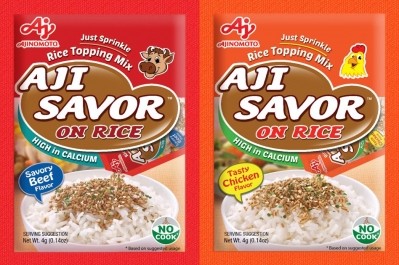Environmental and efficiency goals: Japanese food firms revise expiry date labelling to cut food waste

Nippon Fisheries said it would implement the new format from next month for all its canned products.
By then, the expiry date will be displayed in the year/month format, as opposed to the previous year/month/date format.
The firm highlighted that the country faced the problem of discarding food which could still be consumed. Introducing a month specific expiry date format would cut food waste at each stage of the distribution process.
In the future, there are also plans to introduce such labelling format for bottled and retort pouch food items.
Another firm implementing the measure is House Foods.
Along with its health food business, House Wellness Foods, the firms will introduce the new labelling from April next year. It is also considering to extend the shelf life period of its products.
“Through this, we aim to contribute to the solution of social problems, such as reducing food loss and efficiency of distribution and operation throughout the supply chain,” the firm said in a statement.
According to Japan’s Quality Labelling Standard for Processed Foods, if the shelf-life period from the manufacture date to the expiration date is more than 3 months, then the year/month expiry date labelling is accepted.
As of 2016, Japan had accumulated about 6.43m tons of food waste each year as estimated by the Ministry of Agriculture, Forestry and Fisheries and about half is contributed by food manufacturers.
Other firms which have implemented such measures include Ajinomoto, which is doing so for its household seasonings and processed foods.
Calbee, which took the same measure, also extended the shelf life of chips packed in containers from 12 months to 13 months.
Past efforts
Besides manufacturers, the Japanese government has been introducing innovative measures to tackle packaged food waste.
In May, the government introduced the Food Loss Reduction Promotion Act, aimed at halving food loss by year 2030 as compared to year 2000.
Last year, the Tokyo metropolitan government, together with mobile carrier NTT Docomo, introduced a trial where shoppers who buy food items that are nearing the expiry date were rewarded.






















